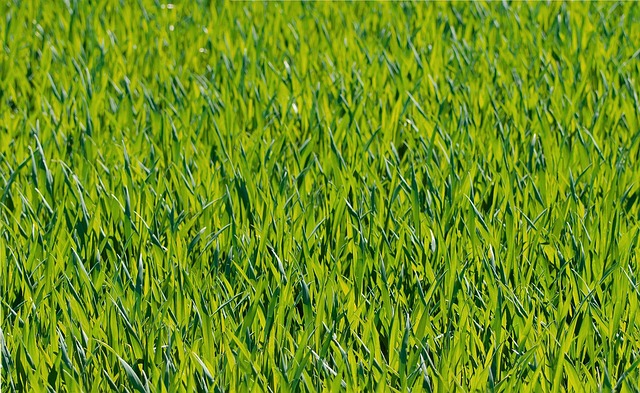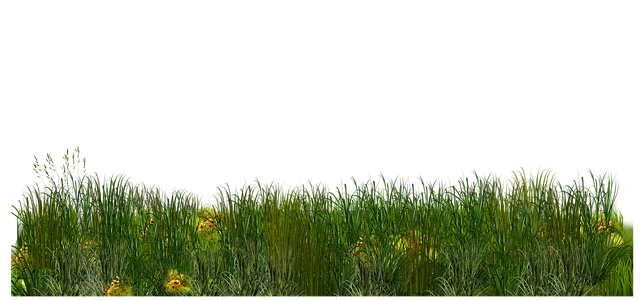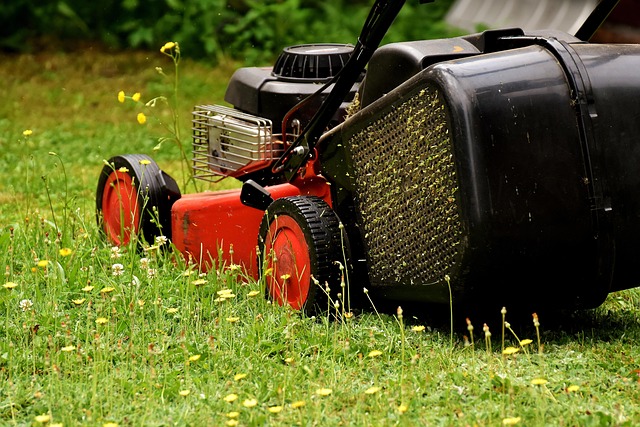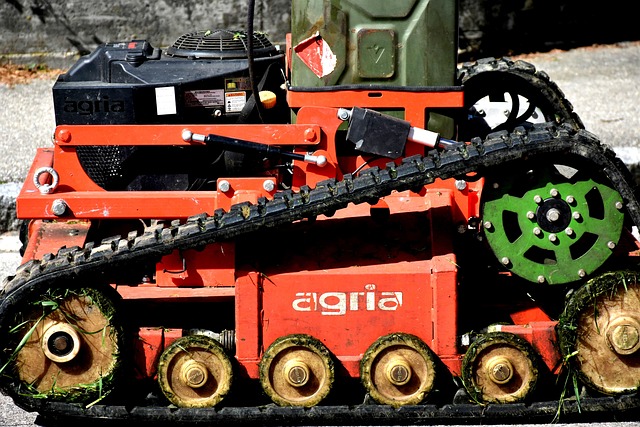Soil compaction is a significant issue for industrial sites in Commerce City, hindering plant growth and leading to weed infestations. Effective solutions involve strategies to mitigate compaction and encourage vegetation cover. Organic matter amendment, aeration, appropriate grass selection, and controlled irrigation are key techniques for bare ground weed control. Additionally, implementing sustainable practices like regular soil testing, establishing vegetation covers, and maintaining the soil promotes a healthy ecosystem that discourages weeds. These methods collectively address the unique bare ground and weed control challenges faced by industrial sites in Commerce City.
Lawn plant soil compaction is a common issue, especially on industrial sites in Commerce City. This compacted soil can stifle plant growth and promote weed proliferation. Understanding the causes and effects of soil compaction is crucial for implementing effective solutions. This article explores strategies tailored to industrial settings, focusing on bare ground weed control techniques and long-term soil health revitalization practices that can transform compacted soil into a thriving lawn environment. Discover how these methods can enhance weed management in Commerce City.
- Understanding Soil Compaction on Industrial Sites
- Strategies for Effective Bare Ground Weed Control
- Best Practices for Long-Term Soil Health and Revitalization in Commerce City
Understanding Soil Compaction on Industrial Sites

Soil compaction is a significant concern on industrial sites, particularly in areas like Commerce City where managing bare ground is crucial. When soil becomes compacted, it restricts water, air, and nutrient movement, hindering plant growth and potentially leading to weed infestations. This issue is especially problematic after construction or in regions with heavy machinery traffic.
Industrial sites often face challenges with bare ground weed control due to compacted soil. The absence of vegetation makes these areas susceptible to rapid weed growth, which can not only be aesthetically unpleasant but also impact the overall health and productivity of the site. Effective solutions involve implementing strategies to alleviate soil compaction and promote a thriving vegetative cover.
Strategies for Effective Bare Ground Weed Control

Maintaining a healthy lawn in industrial areas like Commerce City requires strategic bare ground weed control. One effective approach is to incorporate a layer of organic matter, such as compost or wood chips, into the soil. This not only adds essential nutrients but also improves soil structure, reducing compaction and creating an inhospitable environment for weeds. Regular aeration is another key technique; by puncturing the soil, you allow air, water, and nutrients to penetrate deeper, fostering grass growth while suppressing weed development.
Additionally, selecting the right grass species tailored to industrial settings can significantly aid in weed control. Some grasses have natural resistance to common weeds, reducing the need for chemical interventions. Implementing a robust irrigation system that provides deep, infrequent watering also helps manage weeds by ensuring optimal grass growth without creating a moist environment conducive to their proliferation.
Best Practices for Long-Term Soil Health and Revitalization in Commerce City

To maintain long-term soil health and revitalization in Commerce City, especially on industrial sites with bare ground and weed control challenges, adopting sustainable practices is essential. One effective strategy is to implement a multi-layered approach that starts with regular soil testing to understand its current condition. This knowledge guides the application of appropriate amendments, such as organic matter or fertilizers, tailored to the specific needs of the site.
Additionally, establishing vegetation covers like grass or groundcover plants can significantly reduce soil compaction and prevent weed growth. For industrial sites with large bare areas, selecting native plant species adapted to local conditions ensures better soil stabilization and ecological balance. Regular maintenance, including controlled mowing and watering, supports a healthy soil environment that encourages biodiversity and prevents the regrowth of weeds.
In addressing lawn plant soil compaction relief, especially on industrial sites in Commerce City, implementing effective bare ground weed control strategies is crucial. By combining best practices for long-term soil health and revitalization, we can mitigate the effects of compaction and foster a vibrant, healthy landscape. Specifically, adopting robust bare ground weed control methods tailored to industrial settings ensures that soil remains unobstructed, allowing for better air, water, and nutrient circulation—essential elements for revitalized and resilient grass roots.
